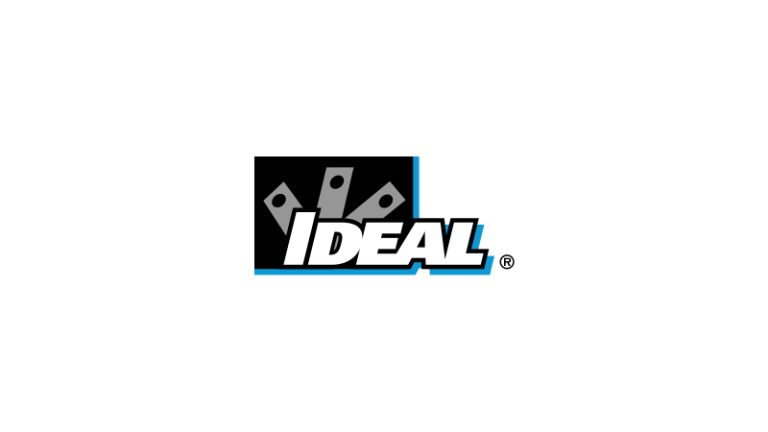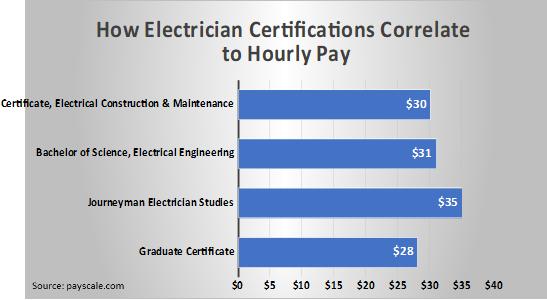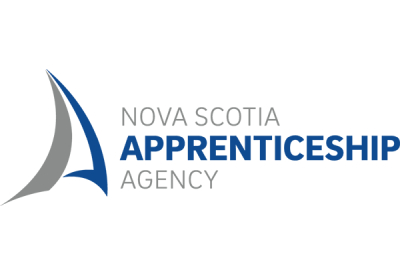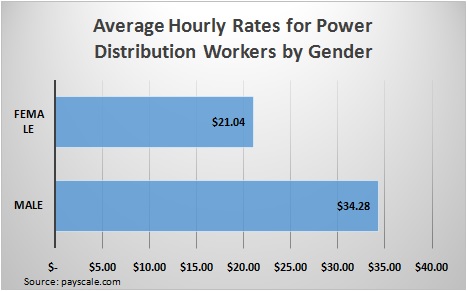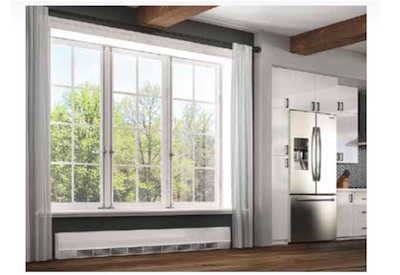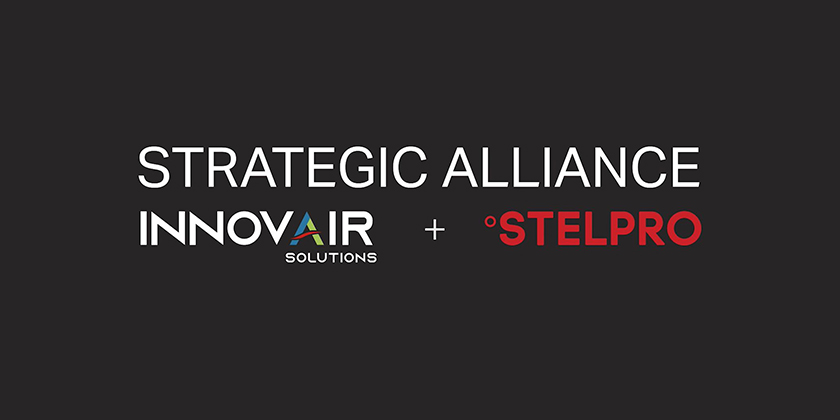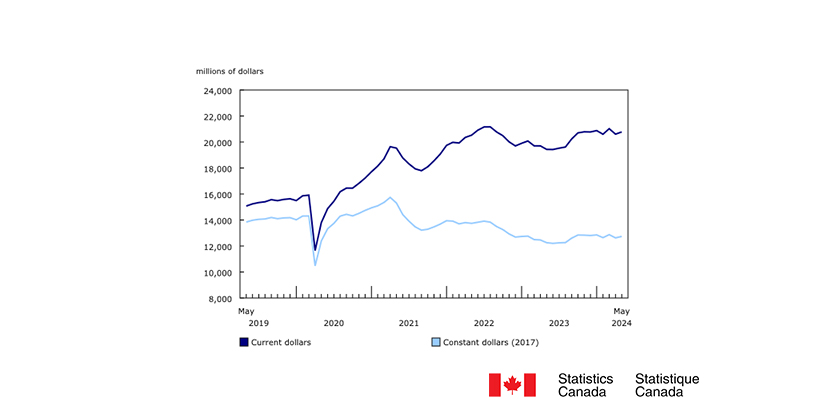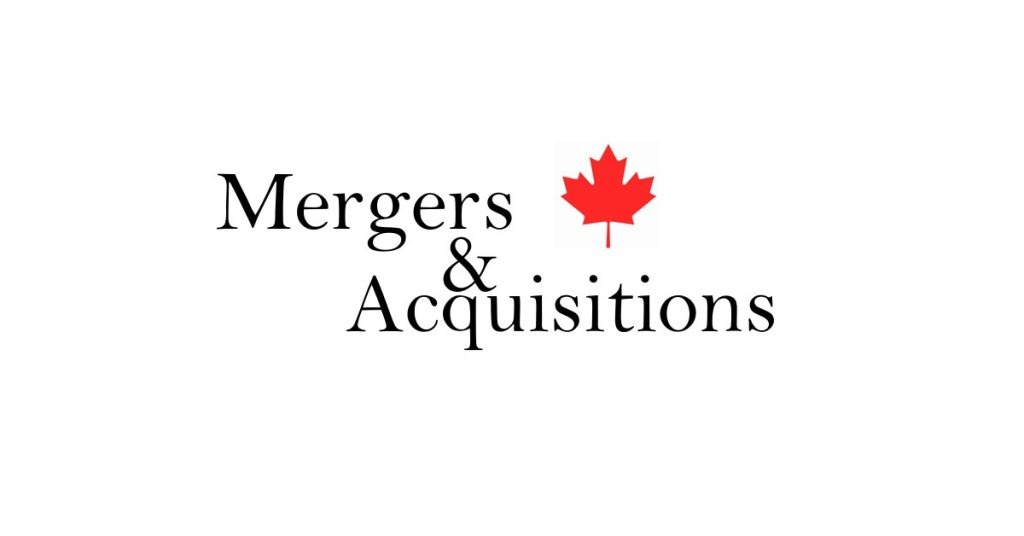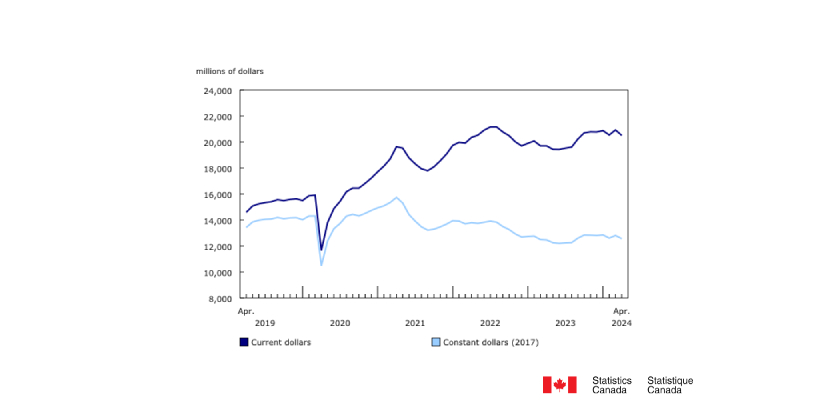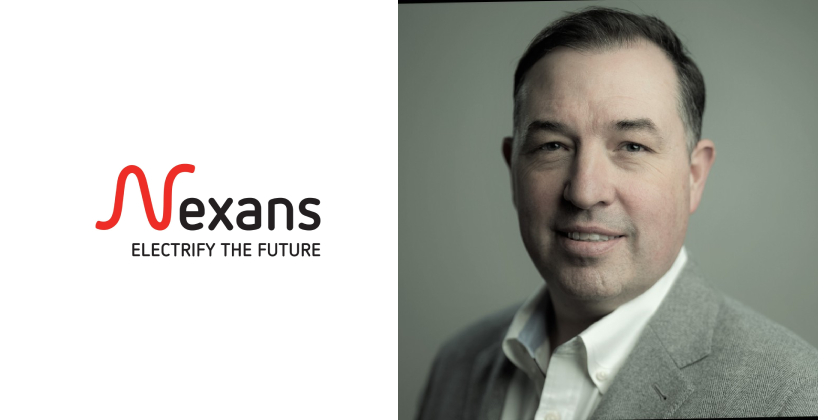Federal Government Announces Calls for Applications for Green Building Retrofits to Enable Climate Action

February 9, 2023
At the Sustainable Communities Conference, the federal government launched the call for applications for two new initiatives to accelerate green building retrofits: the Deep Retrofit Accelerator Initiative (DRAI) and the Greener Neighbourhoods Pilot Program (GNPP).
Deep Retrofit Accelerator Initiative for Green Building Retrofits
The $200-million Deep Retrofit Accelerator Initiative will invest in projects that support the development of deep retrofits in commercial, institutional or mid- or high-rise multi-unit residential buildings across Canada.
Selected projects will establish and collect deep retrofit projects, guide building owners in the process of developing and implementing specific retrofit projects, identify available funding and financing for specific deep retrofit projects, and conduct capacity building activities, such as developing or implementing new, standardized or replicable methods for deep retrofits.
This call for applications is open to organizations including nonprofits, private firms, civil society, municipalities, provinces and territories, and Indigenous organizations and groups.
This DRAI call for applications will remain open until April 28, 2023. Applications from Indigenous organizations will be accepted on an ongoing basis until March 31, 2025, or until funding is fully distributed.
Greener Neighbourhoods Pilot Program
The $35.5-million Greener Neighbourhoods Pilot Program will support up to six communities across Canada in developing integrated approaches to deep energy retrofits — or a major building renovation project — such as upgrading building walls and insulation or upgrading space heating equipment.
The first phase of the program will support regional market development teams (MDTs) in preparing scalable deep energy retrofit plans for their communities. MDTs can convene and coordinate supply-side and demand-side actors to broker aggregated deep energy retrofit projects, find solutions to regional gaps and barriers, and drive market transformation in their regions.
This call for proposals is open to organizations including nonprofits, private firms, and Indigenous organizations and groups. Successful applicants could receive contributions of up to $1 million per project.
The call for proposals under Phase Two of the program is expected to launch by the summer of 2023. This will support demonstration projects in up to six communities, targeting clusters of low-rise housing (at least 100 units). These proposals will explore innovative and cost-effective pathways for more affordable and efficient building renovations.
The Greener Neighbourhoods Pilot Program’s call for proposals for Market Development Teams will remain open until April 5, 2023.
Our recent article with Hugo Lafontaine of Schneider Electric explores green building retrofit landscape in Canada.
Quick facts
- Buildings and homes are the third-largest source of greenhouse gas emissions in Canada, accounting for approximately 13 percent of Canada’s emissions.
- More than two-thirds of buildings that will be standing in Canada in 2050 have already been built today, and most of them need to be retrofitted to make them more sustainable.
- Deep retrofits are an extensive overhaul of a building’s systems that can generate significant savings in energy costs. Measures may include: significantly reconfiguring the interior, replacing the roof, adding or rearranging windows for increased daylight, replacing the heating, ventilation and air-conditioning system with a renewable technology like a ground-source heat pump, among other measures.
- Deep retrofits typically save at least 50 percent in energy consumption, reduce utility costs and operating expenses as well as up to 80 to 100 percent in GHG emissions and may also include measures to improve resiliency and adaptation to climate change.
- The Greener Neighbourhoods Pilot Program is based on the successful Dutch “Energiesprong” model, which found savings in decarbonizing multiple buildings at once using prefabricated, panelized approaches.
- GNPP applicants can bring together various stakeholders to develop proposals tailored to the unique needs of their communities.
- Since 2016, the federal government has dedicated more than $10 billion toward decarbonizing homes and buildings, and incenting energy-efficient retrofits.




